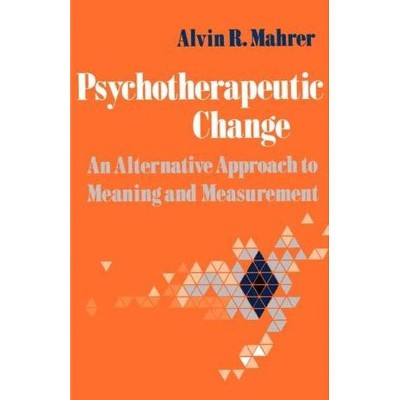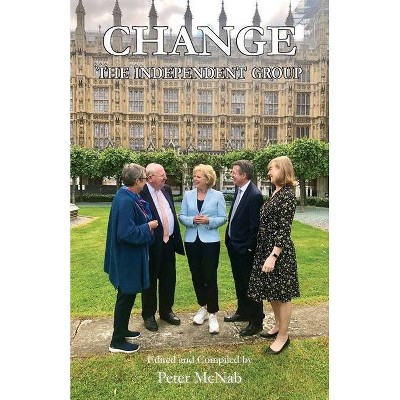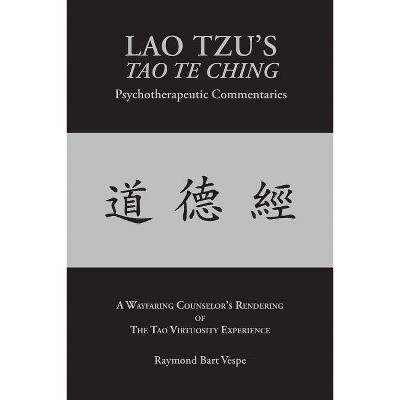Psychotherapeutic Change - by Alvin R Mahrer (Paperback)

Similar Products
Products of same category from the store
AllProduct info
<p/><br></br><p><b> About the Book </b></p></br></br>Psychotherapy researchers have traditionally focused on therapy outcomes outside of the therapeutic setting. This presents the difficulty of correlating outcomes with what goes on in the clinical setting, a nearly impossible task. It is no surprise, consequently, that therapists have seen such research as largely irrelevant to clinical practice.<p/><br></br><p><b> Book Synopsis </b></p></br></br><p>In a quest for greater understanding Al Mahrer asks why should we continue to exclusively use traditional research methods if they do not provide therapists with data on effective therapeutic methods? Considering this, Mahrer proposes an alternative approach to the meaning of psychotherapeutic change and its measurement. The keystone of his method is a conceptually sound in-therapy change paradigm based on experiential-humanistic theory but useful in a wide range of therapeutic approaches. Three new meanings of psychotherapeutic change, drawn mainly from psychotherapeutic practice, are introduced as a basis for conducting in-therapy research. First, careful study should allow the therapist to predict possible ways of being and becoming for the patient. A second consists of identifying moments in a session where something good is happening. Third, Mahrer proposes to study the statements of therapists as prescriptions for change. Using illustrations from psychotherapeutic sessions, the author demonstrates how this done.</p>
Price History
Price Archive shows prices from various stores, lets you see history and find the cheapest. There is no actual sale on the website. For all support, inquiry and suggestion messagescommunication@pricearchive.us




















